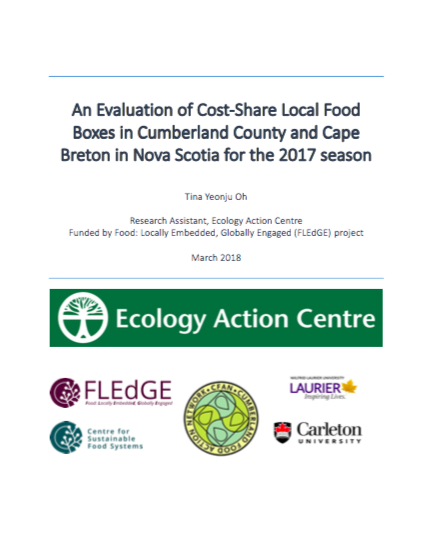Open Call for Submissions for a Special Issue of the Built Environment Journal
The Built Environment journal will publish a special issue to address how the growing engagement of the planning and design disciplines within city and regional food systems subverts, reinforces, or exacerbates inequities and injustices. Authors are invited to submit articles that explore how planning and design may be used to create and strengthen city and regional food systems, while explicitly considering imbalances in equity, justice, and power.
About the Special Issue
The guest editors, Samina Raja, University at Buffalo, The State University of New York and Kevin Morgan, Cardiff University, invite submissions from scholars from across the Global South and Global North. Manuscripts from early career scholars, including tenure-track faculty members, post-doctoral scholars, and doctoral students are highly encouraged. The special issue is expected to include 12 articles, not including the editorial. The issue is expected to be published by fall 2017.
Authors are welcome to write about one or more sectors of city and regional food systems. Articles may focus on scholarship that addresses food systems at varying scales, ranging from small towns to large cities and regions. Manuscripts must address the following:
- Concerns about inequities and injustices, including food, health, social, and economic inequities
- The interplay between city and regional food systems and the built environment
- Systemic and spatial exploration of city and regional food systems
- Concerns about those most marginalized stakeholders in the food system, including low-income populations, people of colour, marginalized workers in the food system, and/or refugees and migrants
- Ideas for change, including planning, policy, and design solutions
Prize for Early Career Scholar
Published papers by early career scholars will be considered for a Best Paper Prize. Early career scholars include tenure-track faculty (e.g. Assistant Professors), post-doctoral scholars, and doctoral students. The author of the winning manuscript will receive an honorarium of $1000 (US), and the winning manuscript will be published as an Open Access article.
Submission of Abstract
To have a manuscript be considered for the special issue, interested authors must submit an abstract of no more than 300 words (not including references) to editors by November 14, 2016. The abstract must describe the thesis or research question, the research design and research methods, and report key findings and recommendations. The abstract must demonstrate the link between the article and the focus of the special issue on equity, justice, and power in food systems. References must be cited using the Harvard system. Abstracts must be submitted in a Word document by e-mail to foodsystems@ap.buffalo.edu. The subject line of the e-mail must specify “[Author’s Last Name]: Built Environment Journal” and the abstract must be attached (in Word format). Authors whose abstracts are judged to be a good fit for the special issue will be notified by November 21, 2016.
Submission of Manuscript
The full manuscript cannot exceed 5,000 words. Completed manuscripts will undergo a peer-review process prior to selection for publication. Complete manuscripts will follow the format and style of the Built Environment journal published by Alexandrine Press. Additional guidance will be provided to invited authors. Full manuscripts must be submitted no later than January 30, 2017.
Questions
Send questions about content of the special issue to Samina Raja at sraja@buffalo.edu. Questions about the submission process should be directed to Enjoli Hall at foodsystems@ap.buffalo.edu. Please use the subject line “Built Environment Journal” in all e-mail correspondence.

